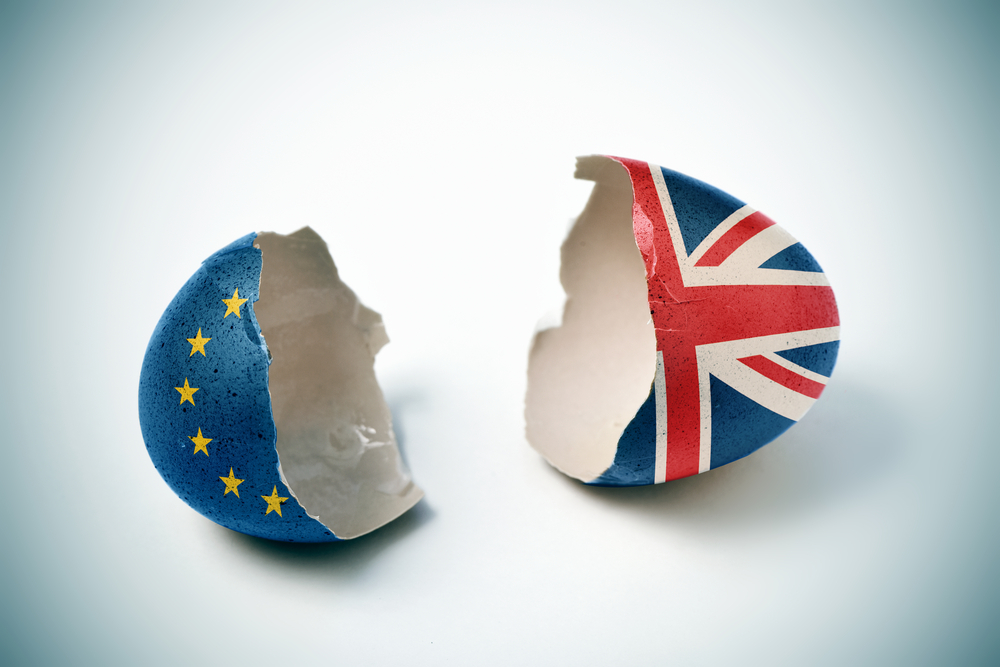Owners of British restaurants, cafes and pubs have a million and one things to juggle on a day-to-day basis, and a simple thing like energy supply can slip through the cracks. Here’s why it should be a priority.
Running any kind of restaurant or public house means managing several processes at once, and much like any other young business the focus tends to be on turning a profit not going green and reducing your carbon footprint.
Previously in this series we have explored how making environmentally friendly changes in your business can actually save you money, and this has never been truer than in the case of the catering industry.
Of course, saving money isn’t the only reason to look at making energy savings the less energy you use, the more sustainable your business is. Saving the environment might not be your first priority, but it’s definitely a bonus.
Here, we explore all the reasons any business which prepares food on its premises should reconsider its energy supply processes and go green.
British restaurants: Bottom line savings
Gas and electricity are one of the largest operating costs for any food outlet, and according to the Environmental Protection Agency, commercial kitchens require two and a half times more energy per square foot than any other kind of business premises.
In addition, the Carbon Trust claims that energy used in catering accounts from somewhere between four and six per cent of operating profits, which means any saving on energy can directly increase revenue and profitability right off the bat without any need to drum up increased sales.
The savings you can make likely depend on what kind of restaurant you operate some food requires more preparation than others. A deli might only be using energy to heat up some toasties and keep the lights on, whereas a five-star restaurant would have much more equipment to power.
British restaurants: Greener brand image
A survey by the National Restaurant Association found that around 62 per cent of diners would prefer to eat in an environmentally friendly British restaurant.
Projecting a greener brand image might not be your priority, but if it’s important to your customers it should be important to you and it could help improve your bottom line.
It’s worth considering what your business” ethos is to evaluate just how important this is likely to be to your customers. For example, if you run a vegan restaurant, your customers might align themselves more closely with environmentally friendly values.
British restaurants: Costs of implementation
If you are concerned about the initial costs of implementing energy saving equipment and processes, despite the long-term savings, it is worth looking into the immediate changes you can make for free.
For example, switching off equipment when not in use and maintaining existing equipment can be very effective. The Carbon Trust also reports that raising awareness among kitchen staff and providing energy management training can reduce catering energy use by up to 30 per cent.
Overall, where possible, restaurants and catering services really should be looking to invest in a greener future.
Look out for the next instalment of this series which will detail the ways in which you can implement energy saving measures at your establishment.















































































































































